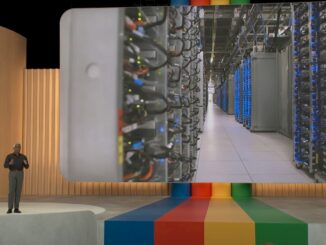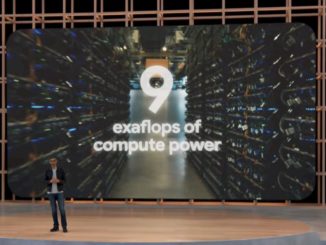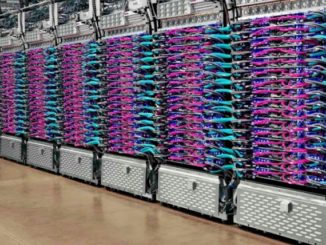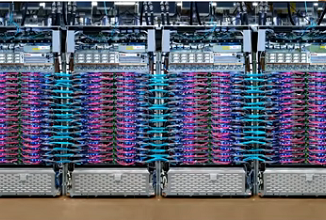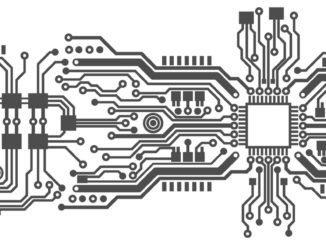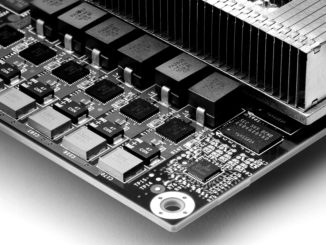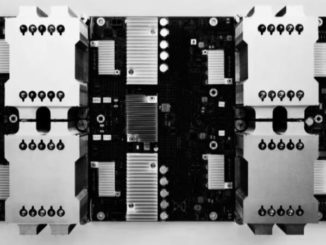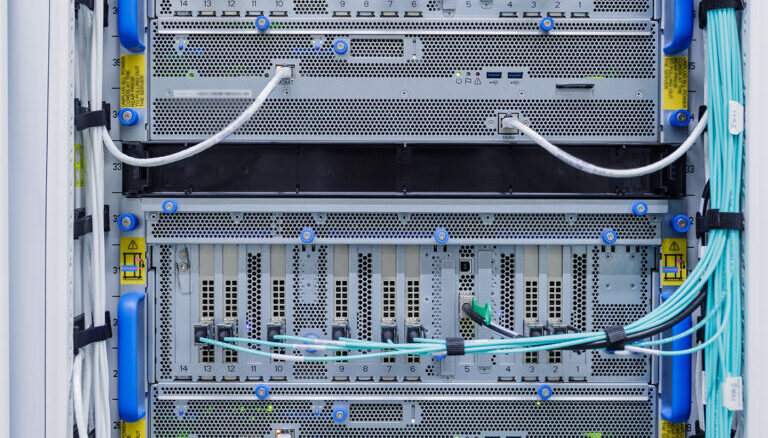
Chiplet Cloud Can Bring The Cost Of LLMs Way Down
If Nvidia and AMD are licking their lips thinking about all of the GPUs they can sell to the hyperscalers and cloud builders to support their huge aspirations in generative AI – particularly when it comes to the OpenAI GPT large language model that is the centerpiece of all of the company’s future software and services – they had better think again. …

